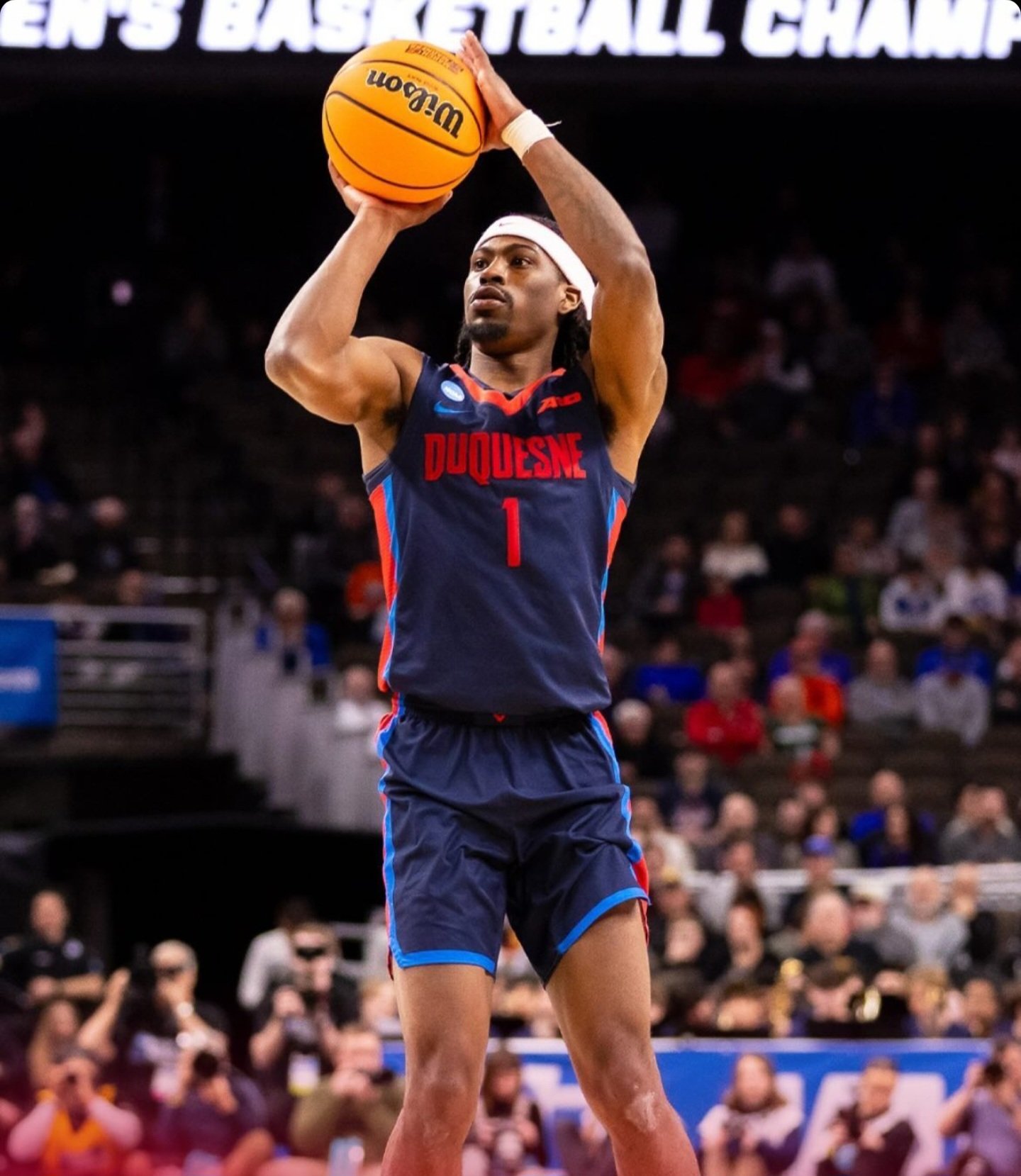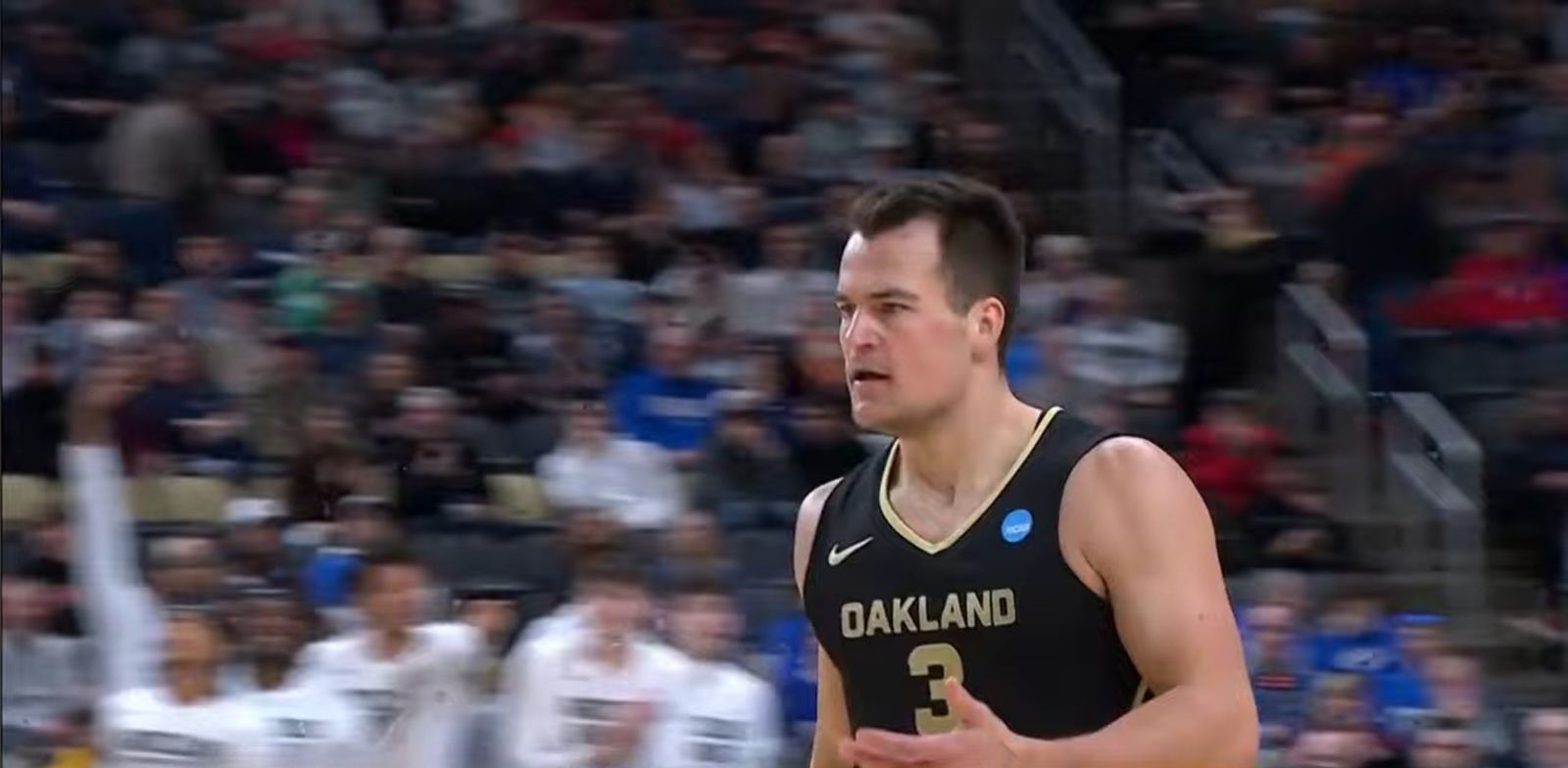
Introduction:
California Senate race, where Democrat Adam Schiff and Republican Steve Garvey will compete in November. Explore their campaign strategies, key issues, and the dynamics shaping this high-stakes contes.

California primary:
The California Senate race is poised for a dramatic showdown this November as Democratic Representative Adam Schiff and Republican former baseball star Steve Garvey emerge as the top contenders vying to fill the seat left vacant by the late Dianne Feinstein.
This race, unfolding in a traditionally Democratic stronghold, represents a rare opportunity for the GOP to compete in a marquee statewide contest. With California’s political landscape historically dominated by Democrats, Garvey’s candidacy introduces an unexpected twist, injecting fresh energy and competition into the electoral arena.
Garvey, celebrated for his achievements as a former MVP player for the Los Angeles Dodgers and San Diego Padres, brings his star power and outsider appeal to the political arena. Despite his lack of prior political experience, Garvey positions himself as a conservative moderate, aiming to resonate with voters disillusioned with entrenched Washington insiders and seeking change.
On the Democratic side, Schiff, a seasoned congressman known for his national prominence during the Trump impeachment hearings, presents himself as an establishment figure with a track record of battling against the former administration’s policies. With endorsements from prominent party figures and a strong base of support, Schiff aims to rally Democratic voters while navigating the complexities of a progressive base and contentious issues like the Israel-Hamas conflict.
The dynamics of the race are further complicated by the absence of a female candidate, marking the first time in over three decades that California will not have a woman representing the state in the Senate. This absence underscores the shifting political landscape and the evolving demographics shaping California politics.
As the candidates gear up for the general election, they face a myriad of pressing issues confronting California, including inflation, the state’s unchecked homeless crisis, rising crime rates, and environmental concerns. Garvey pledges to run a campaign that appeals across party lines, emphasizing his focus on addressing these critical issues and offering pragmatic solutions.
Meanwhile, Schiff confronts the challenge of maintaining unity within the Democratic Party while reaching out to independent and moderate voters. His recent endorsement of the Biden administration’s call for a Gaza cease-fire highlights the delicate balance he must strike in navigating contentious foreign policy issues while maintaining support from his progressive base.
The race also underscores broader trends in California politics, with the Republican Party facing an uphill battle in a state where registered Democrats outnumber Republicans by a significant margin. Despite these challenges, Garvey’s candidacy represents a continuation of the legacy of famous athletes-turned-politicians, drawing parallels to figures like former Governor Arnold Schwarzenegger and Congressman Burgess Owens.
As the campaign unfolds, both candidates will undoubtedly intensify their efforts to court voters and shape the narrative of the race. With California’s pivotal role in shaping national politics, the outcome of this Senate race carries significant implications for both parties and the future direction of the state.





